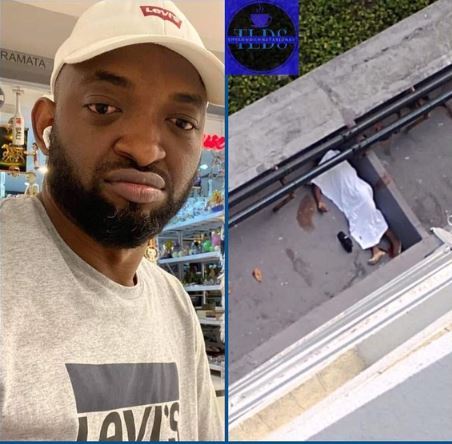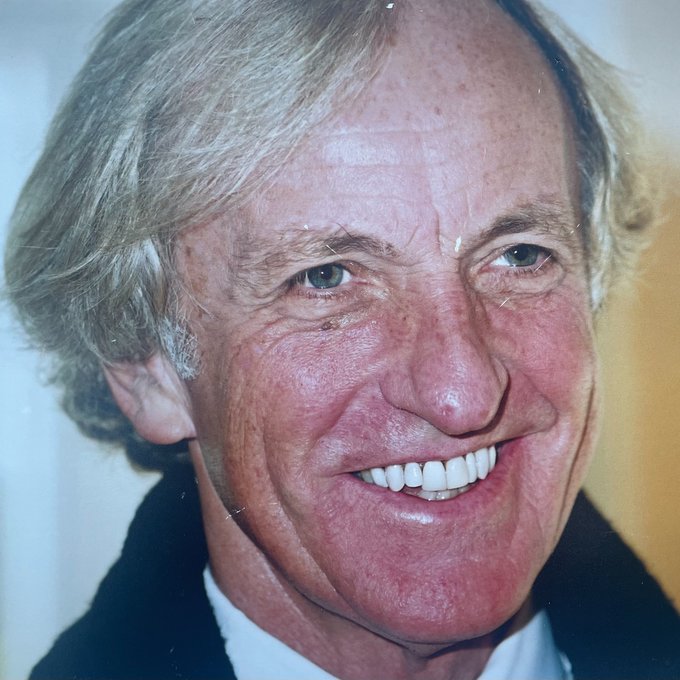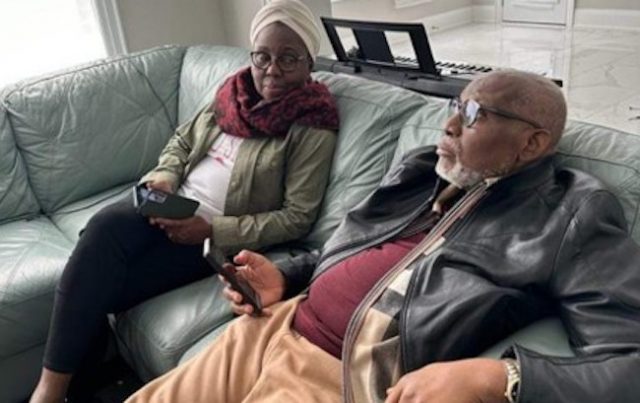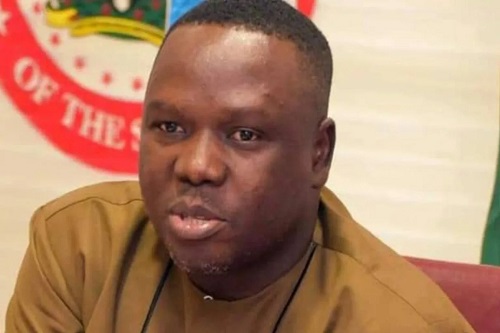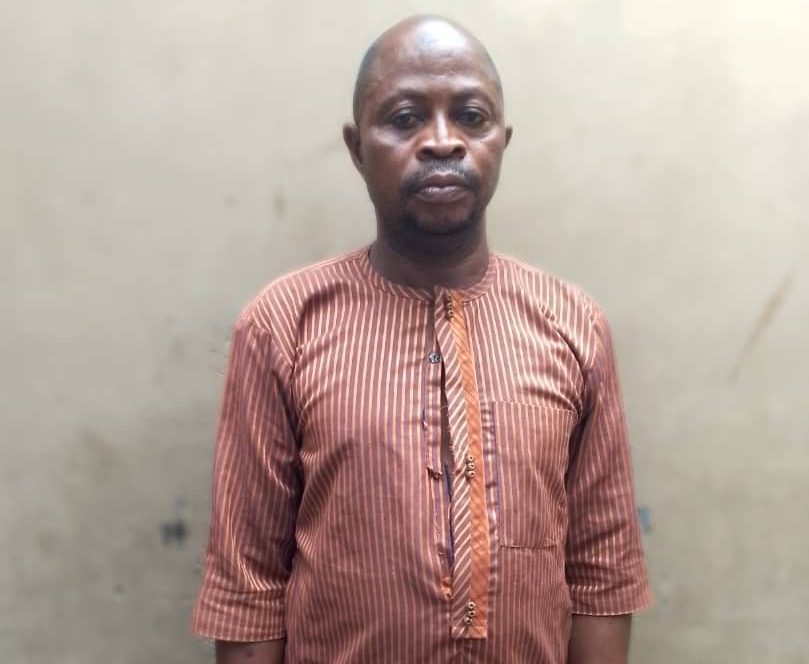Fact-check: Did FG train 177 youths in smartphone repairs with N5.9 billion?
Claim: A “front page” of the Punch newspaper recently circulating on WhatsApp claim that the Federal Government trained 177 youths in smartphone repairs with N5.9 billion naira.
Full Text: The “front page” which was boldly captioned, “The Federal Government of Nigeria trains 177 youths in smartphone repairs with N5.9 billion,” attracted alot of comments and criticism from Nigerians.
Reacting, an instagram user said, “Please can somebody give me a cup of water, Nigeria it haf faint me! Upon all the loans, when it is not animals, rodents or insects it is … biko is billion still nine zeros? We need to #takebacknaija #cleanupnaija #rebuildnaija.”
Another tweeter user reacted, “Abeg, are there mathematicians here? Please do the maths, I want to see how much was supposedly spent by APC on these 177 imaginary youths.
“Dear Youths, before your support the madness that is APC, remember this headline. If this money was used wisely, we’d have productive youths.”
Verification: PRNigeria observed that the image was watermarked “- 6mdh – photogrid” which made it appear like a reproduced PUNCH graphic from random social media users, so we conducted a google reverse image search and results revealed that the tabloid magazine like frontpage cover did not appear anywhere on PUNCH Newspaper official social media accounts but only shared by random users on Twitter and Instagram.
PRNigeria then contacted the media unit of the Ministry of Humanitarian Affairs for clarification on the matter but an official who begged not to be named described it as “Fake news.”
Read Also:
However, PRNigeria conducted a keyword search and results from here, here, and here among other sources revealed that while the graphic might be fake, the news itself is not fake but a four months old report.
It is true that the Federal Government has in April 2022 revealed it earnmarked N5.9 billion on training, tooling, and monthly stipends for Batch C N-Power Program recipients in Kano State and not 177 youths. It emphasised that about 16,629 youngsters were now benefiting from the program (under Batch C) in the state, noting that approximately 18,042 had already benefited in the Batch A and B of the programme.
The disclosure was made by Sadiya Umar Farouq, Minister of Humanitarian Affairs, Disaster Management, and Social Development while being represented by Dr Nasir Mahmoud, Special Assistant to the President on N-Skills during the concluding ceremony of the N-Skills programme, a component of the N-Power initiative in Kano, which trained 177 youngsters in Smart Phone Repairs and Services.
It was this context that was casted by the PUNCH in a misleadling news headline/frame which it has since updated.
Conclusion: Based on evidence gathered by PRNigeria, the claim that the FG spent N5.9 billion to train 177 youths on smartphone repair is not true. The report first appeared in a PUNCH report (not front page) which has since been updated as the 177 were only part beneficiaries of a total of 16,629 youths in Batch C of the Npower Program in Kano that stands to benefit from the N5.9billion earmarked by the FG. Similarly, the graphic in circulation is not officially from PUNCH and is therefore MISLEADING.


